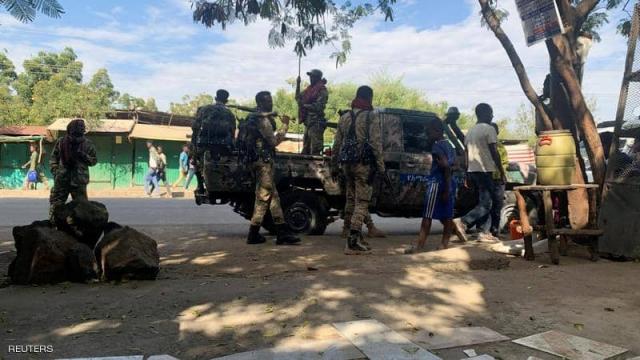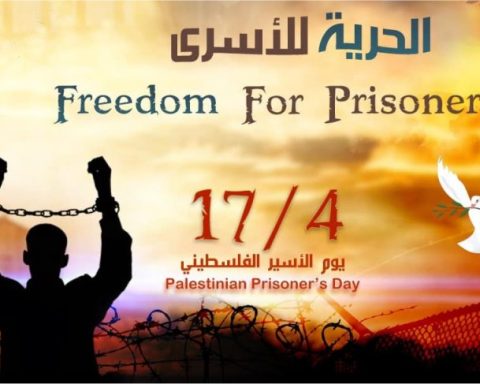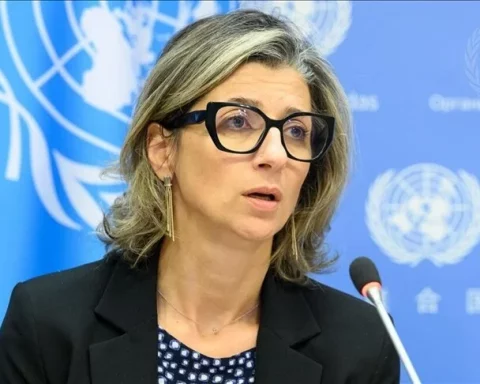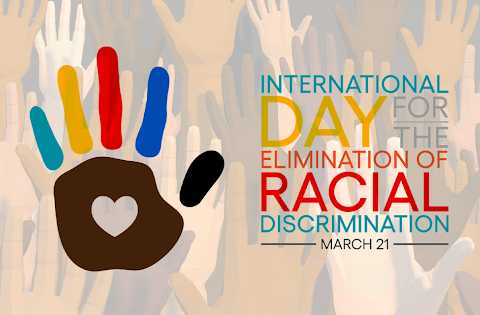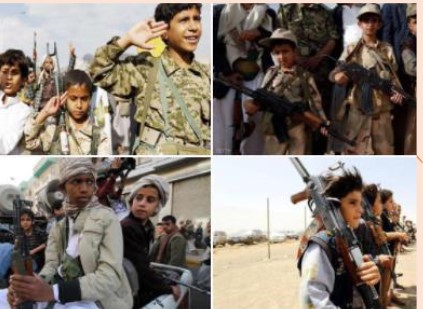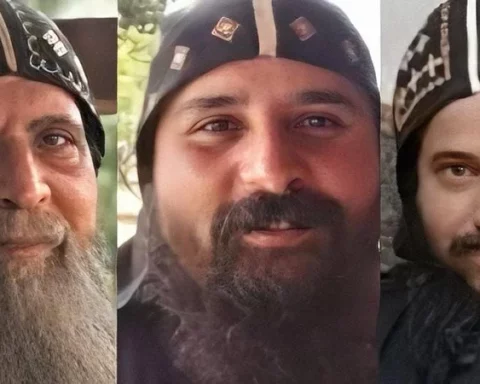Thursday, April 1, 2021
Press Release
—————————————————————————————–.
The “African Studies Unit”of the Forum for Development and Human Rights Dialogue issued a report on Saturday, March 27, 2021, entitled, “Violations of children’s rights in The Sahel countries.”
The report stated that children in the African Sahel region are exposed to many harms and violations, some of which are fatal due to the spread of terrorist groups, in addition to the damages related to climate change such as drought and desertification. There is no doubt that these violations against children in the Sahel countries are a result of violence and terrorism in the region, it is one of the most dangerous causes of death, starvation, homelessness, and ignorance resulting from dropping out of education and regular study.
Nearly 5 million children in Sahel countries (Burkina Faso, Mali and Niger) were subjected to violence in 2020, including attacks against children, abduction and forced recruitment of children to join armed groups there, and are being killed, maimed and sexually assaulted, according to a recent UNICEF report.
The report also confirmed that 13.5 million people, including 7.2 million children in Sahel countries, had their rights taken away due to climate change, poverty and conflict, and reports revealed that a quarter of migrants in Africa were children. In 2021, this rate has increased to 64%
As a result of the intensification of the conflict, in Mozambique’s Cabo Delgado region, 191,000 children have been displaced, and in Sudan 5.4 million children are suffering from successive crises there, as well as the spread of wild polio COVID-19 and cholera, the report states.
99 States have also closed their borders to migrant children, other than those received by the peoples of other countries with discrimination and hatred.
The report discussed a number of topics, the most important of which were:
Children’s rights threatened in Sahel countries
With regard to the threats to children’s rights, the report stated that there are many security risks and threats that have prevented children from enjoying their rights and that have been attributed to many reasons, including foreign interventions that have plunged the continent into conflicts that erupt from time to time, the spread of poverty, hunger, poor economic conditions, environmental degradation and climate change.
Rise in violence against children
The report noted that children in the Sahel are being killed, maimed, sexually abused and hundreds of thousands of them have suffered traumatic experiences, with attacks on children rising in 2019, with Mali registering about 571 serious violations against children in the first three quarters of 2019, compared to 544 in 2018 and 386 in 2017.
Since the beginning of 2019, more than 670,000 children across the region have been forced to flee their homes due to armed conflict and insecurity.
At the end of 2019, more than 3,300 schools in Burkina Faso, Mali and Niger – or some of them not operating due to violence – were closed, a sixfold increase since April 2017, affecting 650,000 children and 16,000 schools.
The report also confirmed that kidnappings have become common practice of Boko Haram, and in April 2014, the terrorist group Boko Haram kidnapped 276 female students from a public high school in the town of Chibok in the northern Nigerian state of Borno.
Hunger in Africa:
About 90% of children in Africa do not meet minimum meal standards and a child dies every three seconds from hunger, according to a 2018 report by the African Children’s Policy Forum.
With regard to the efforts of governments and organizations in protecting children’s rights, the report noted that some countries in the region have taken concrete steps and actions to implement guidelines for national protection, and that alternatives to child detention and laws have been enacted to end child statelessness and to help children access services, as mentioned in the report the efforts and steps taken by the African Union for the Protection of Children’s Rights.
The report concluded with a number of recommendations, the most important of which were:
- African countries need to effectively implement their commitments under global and regional child rights conventions, and to ensure the effective application of these obligations, and under their procedural mechanisms they must play their full and undiminished role in monitoring, monitoring and monitoring all progress and lack of protection for children in all African countries.
- African countries, governmental and non-governmental organizations must redouble efforts through health, education, development and environmental programs, policies and plans. In order to realize the rights of children in the Countries of the African continent, and to ensure that African children enjoy them, so that the reality of African children also corresponds to what is stipulated in the documents of the system for the protection of their rights.
- Civil society sectors, such as associations, the media and even individuals, need to take on the role of following up on the realities of childhood in the African continent, proposing solutions, monitoring their implementation, implementing all commitments, and detecting violations, shortcomings or abuses in the protection of children’s rights.
- Special attention is paid to the category of children with special needs, orphaned children, refugee and migrant children, and children born outside wedlock as blameless victims. This group of children between the walls and walls of child aid centres and immigration centres, if any, others are homeless and suffering from loss and homelessness in the streets and alleys, and care for this fragile group is achieved through health care, psychological support, education and training programmes so that they can integrate as positive members of society.
- Make a greater effort to protect the violations of children that occur in the UN by spreading awareness and allocating more resources and activities that provide students with protection and well-being, taking into account the causes that violate the rights of the child and studying them well and setting limits in the long run, and serious and speedy trial of anyone who is found to have violated the rights of the child in any country.



